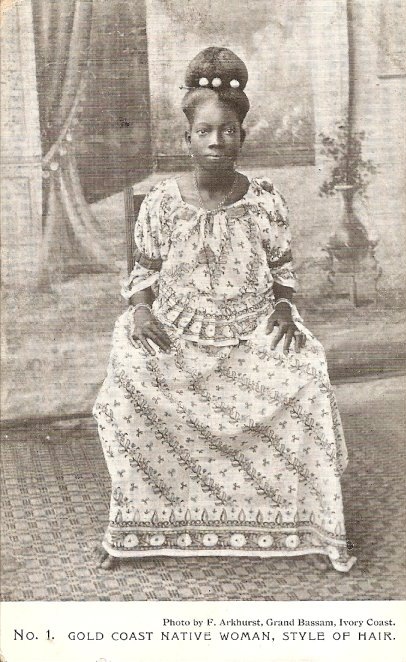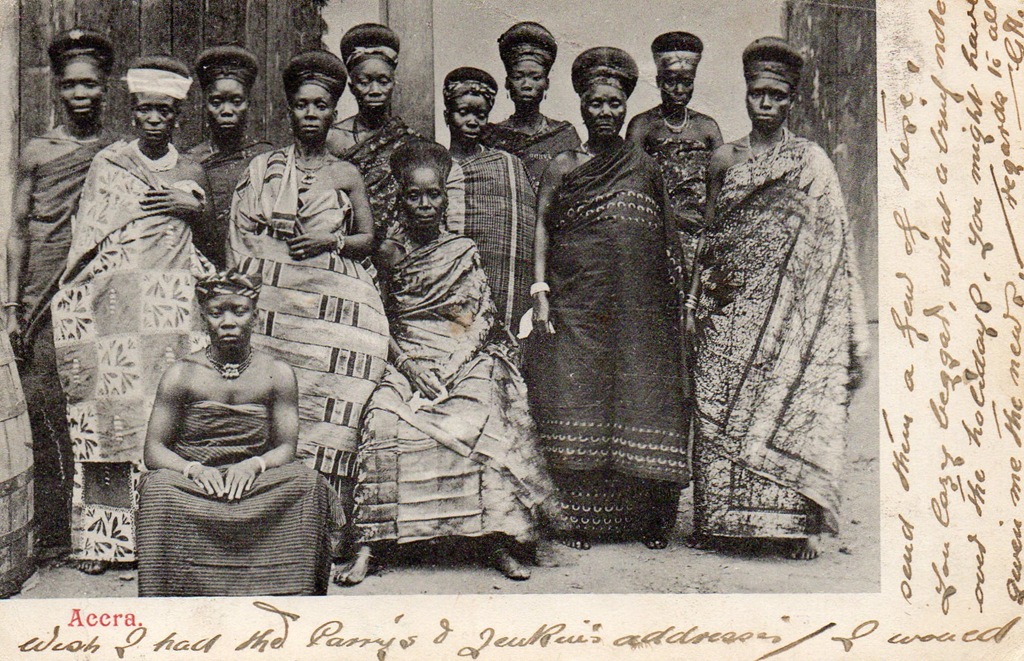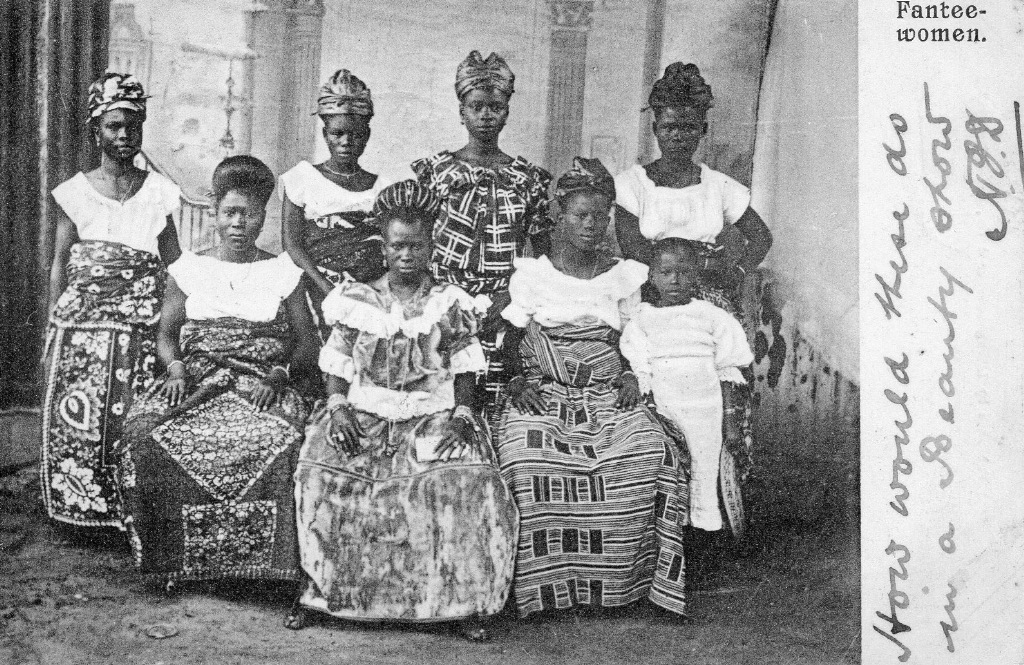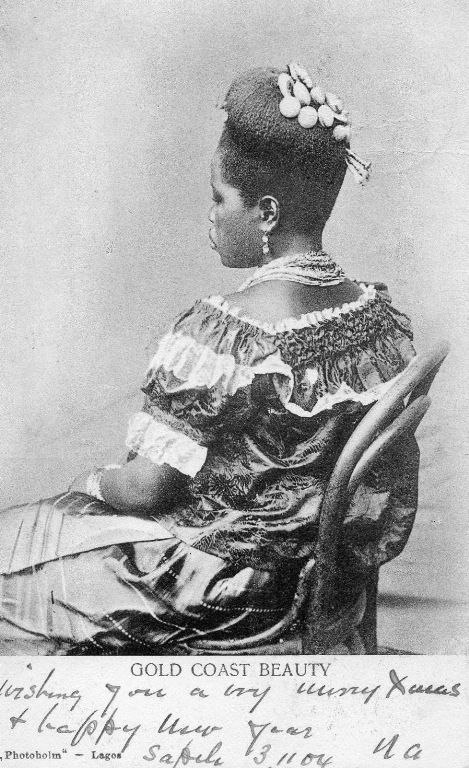Akan Of Ghana And Cote D'ivoire - Culture (51) - Nairaland
Nairaland Forum / Nairaland / General / Culture / Akan Of Ghana And Cote D'ivoire (192677 Views)
Gur People Of Burkina, Mali, Cote D'ivoire, Ghana, Togo, Benin, Niger / Mandinka/Malinke/Dioula people of Mali, Cote d'Ivoire, Guinea, Burkina... / The Kru People Of Liberia And Cote D'ivoire (2) (3) (4)
(1) (2) (3) ... (48) (49) (50) (51) (52) (53) (54) (Reply) (Go Down)
| Re: Akan Of Ghana And Cote D'ivoire by Nobody: 10:46pm On Sep 26, 2013 |
Sybellah: ^^hayi c kel video ca, c flou on voi poIyoooo, j'ai vue ça sur Ivorian traditional Wedding, ils fait un dossier sur les agni, le son est cool, laisse affaire de flou la   1 Like |
| Re: Akan Of Ghana And Cote D'ivoire by Nobody: 10:53pm On Sep 26, 2013 |
ivorian225: Iyoooo, j'ai vue ça sur Ivorian traditional Wedding, ils fait un dossier sur les agni, le son est cool, laisse affaire de flou la lol attends que j'ecoute ca minan |
| Re: Akan Of Ghana And Cote D'ivoire by Nobody: 10:55pm On Sep 26, 2013 |
ahah el parle de sika? sika me koumi deh, m' clo sika very well  1 Like |
| Re: Akan Of Ghana And Cote D'ivoire by Nobody: 11:00pm On Sep 26, 2013 |
Sybellah: ahah el parle de sika? sika me koumi deh, m' clo sika very welllool moi même je contant ça well well  1 Like |
| Re: Akan Of Ghana And Cote D'ivoire by Nobody: 11:06pm On Sep 26, 2013 |
ivorian225: lool moi même je contant ça well well fo barra dur mon frère, ça va verC waaa jouuskaa ti sera fa  1 Like |
| Re: Akan Of Ghana And Cote D'ivoire by Nobody: 11:11pm On Sep 26, 2013 |
CIV  1 Like
|
| Re: Akan Of Ghana And Cote D'ivoire by Nobody: 11:35pm On Sep 26, 2013 |
Zenar et son mogo, mimi   |
| Re: Akan Of Ghana And Cote D'ivoire by Nobody: 1:14pm On Sep 29, 2013 |
Ivory Coast 
|
| Re: Akan Of Ghana And Cote D'ivoire by Nobody: 1:15pm On Sep 29, 2013 |
Sybellah: Zenar et son mogo, mimic'est qui elle? |
| Re: Akan Of Ghana And Cote D'ivoire by Nobody: 1:48pm On Sep 29, 2013 |
ivorian225: c'est qui elle?c une go, Alisar, actrice et mannequin photo |
| Re: Akan Of Ghana And Cote D'ivoire by Nobody: 1:53pm On Sep 29, 2013 |
American Celebrities that mostly look Akan  Missy Elliot, da woman must be from koffikro area lool  Loretta Devine  Trina [img]http://bossip.files./2013/02/trina_tao_thighs_2.jpeg?w=500&h=750[/img] Chris Tucker, Akwaaba my brother  [img]http://topnews.in/files/images/Chris-Tucker2.jpg[/img] 1 Like |
| Re: Akan Of Ghana And Cote D'ivoire by Nobody: 1:55pm On Sep 29, 2013 |
Sybellah: American Celebrities that mostly look Akanlmaooo elle ressemble a une go baoulé |
| Re: Akan Of Ghana And Cote D'ivoire by Nobody: 1:58pm On Sep 29, 2013 |
ivorian225: lmaooo elle ressemble a une go baoulé non Nzima ou Agni  but seriously she no need DNA test oo but seriously she no need DNA test oo1 Like |
| Re: Akan Of Ghana And Cote D'ivoire by Nobody: 1:59pm On Sep 29, 2013 |
https://www.youtube.com/watch?v=9PJLPYwCx_g Boni Gnahoré Ekassa (Twi) |
| Re: Akan Of Ghana And Cote D'ivoire by Nobody: 2:00pm On Sep 29, 2013 |
Sybellah:yup |
| Re: Akan Of Ghana And Cote D'ivoire by Nobody: 4:55pm On Sep 29, 2013 |
N'Dri, Thérèse Assié-Lumumba. 1996. Les Africaines Dans La Politique: Femmes Baoulé De Côte D'Ivoire. Paris: Éditions l'Harmattan. This rather compact book provides illuminating analysis of the diminished political roles, power positions, and status of African women. It challenges the gendered Eurocentric view that women worldwide have always been politically subordinated to men. It asserts that in precolonial times African women held important political positions and wielded real power in their own right. African women were consulted on the major issues of the day, including issues of war and peace, and their views and contributions were highly regarded. N'Dri recognizes that men and women did not necessarily perform the same tasks or enjoy the same political and social positions. However, unlike in the Western tradition where the public and the private spheres are separated, with the superior public sphere reserved for men, the African experience is characterized by coexistence of parallel positions, overlapping roles, and cross gender cooperation. Moreover, whether separate or complementary, gender roles were equally valued and respected because each had a vital role to play to ensure the social reproduction of society. N'Dri laments that post-independence African women have experienced economic and political marginalization, loss of status, and, worst of all, have become politically invisible. N'Dri insists that it is European colonization rather than traditional society that bears responsibility for the current inferior status of African women. Colonialism instituted methods and practices that systematically undermined women's roles by denying them access to critical resources and emerging institutions, thereby depriving them of avenues of political participation and expression that ultimately culminated in their current near complete subordination to men. Finally, formal independence notwithstanding, African women have not recovered their lost roles, positions, and status. Worse still, women performed a disappearing act after independence. N'Dri views the Ivoirien experience as symptomatic of widespread post-colonial disempowerment. Here, despite their important contribution to the anti-colonial struggle, as epitomized by the famous march on the prison in Grand Bassam in December of 1949 to press release of political detainees, a woman was not added to the PDCI government until 15 long years after independence and then only as minister responsible for the "Condition of Women." This kind of tokenism was pervasive throughout other organs of the government and state, as well. The prospects for change are no better, given that neither the ruling party nor the new opposition parties have developed a program of action to promote gender equality, even in the current atmosphere of renewed democratization (pp.170-73). Marshaling data originally collected in 1974 and supplemented by interviews with some of the original respondents and others in 1994 and 1995, N'Dri demonstrates just how African women became marginalized. While she trains her analytic lenses primarily on the Baoulé women of Côte d'Ivoire, the study lays claim to wider continental applicability. The Baoulé constitute part of the larger Akan ethnic ensemble stretching from southern Ghana. Their present location in southern Côte d'Ivoire was the result of two successive waves of migration that occurred in the 17th and 18th centuries. The N'Gbongbo trace their origins to the second migration which was triggered by a succession struggle within the Ashanti royal family following the death of Osei TuTu, which struggle resulted in the killing of Dako by his rival, Opoku Ware. When Dako's sister, "Queen Mother" Abla Poku, refused to endorse Opoku Ware as the next king, her action threatened to engulf Ashanti in a civil war. It was then that she decided to flee with her followers. According to legend, this exodus was quite an ordeal, but Abla Poku proved equal to the challenge of leading her subjects to their new land. She even sacrificed her only son in return for safe passage across the swollen River Comoé before Opoku Ware's soldiers could catch up to them. Hence, the name ba ouli, a child died, which also signifies the rebirth of a nation (pp. 45-49). http://muse.jhu.edu/journals/at/summary/v046/46.1daddieh.html |
| Re: Akan Of Ghana And Cote D'ivoire by Nobody: 8:08am On Sep 30, 2013 |
Akan people The Akan people are a historically important ethnic group of West Africa. With over 20 million members the Akans are one of the biggest Ethnic groups in West Africa today. The Akan are the largest ethnic group in both Ghana andthe Ivory Coast. The Akan speak Kwa languages which are part of the larger Niger-Congo family. Origin and Ethnogenesis The greater Akan people (macro-ethnic group) speak Kwa languages. The proto-Kwalanguage is believed to have come from East/Central Africa, before settling in theSahel. The people who became known as the Akan migrated from the Sahel to coastal west Africa. The kingdom of Bonoman was firmly established in the 12th century by the Akan people. Bonoman was a trading state between the Akan and neighboring people especially those from Djenné. During different phases of the Bonoman empire groups of Akans migrated out of the area to create numerous states based predominantly on gold mining and trading of farm products. Brief Recent History From the 15th century to the 19th century, the Akan people dominated gold mining and the gold trade in the region. From the 17th century on, the Akan were among the most powerful group(s) in west Africa. They fought many battles against the European colonists to maintain autonomy. During the Trans-Atlantic slave trade, enslaved Akans such as the Coromantins of Jamaica and descendants of the Akwamu in St. John, and many others were responsible for many slave rebellions in the new world. By the early 1900s, all Akan lands in Africa were colonized or protectorates of the French and English. On the 6th of March 1957, Akan lands in the Gold Coast rejected British rule, by the efforts of Kwame Nkrumah, and were joined with British Togoland to form the independent nation of Ghana. The Ivory Coast became independent on 7 August 1960. Read more: http://www.saylor.org/site/wp-content/uploads/2011/04/Akan-People.pdf |
| Re: Akan Of Ghana And Cote D'ivoire by Nobody: 4:29pm On Oct 01, 2013 |
Nzima women from Grand Bassam area, 1900    |
| Re: Akan Of Ghana And Cote D'ivoire by Nobody: 4:35pm On Oct 01, 2013 |
Akan people from Acrcra area-1900  |
| Re: Akan Of Ghana And Cote D'ivoire by Nobody: 4:36pm On Oct 01, 2013 |
Fanti women from Sekondi, 1900  Fanti Women-Ghana-Hairstyle    |
| Re: Akan Of Ghana And Cote D'ivoire by Nobody: 4:45pm On Oct 01, 2013 |
Historical Comb  Currency, copper used by Baoule people  |
| Re: Akan Of Ghana And Cote D'ivoire by Nobody: 4:47pm On Oct 01, 2013 |
Arkhurst, a member of the Nzima ethnic group born in the Gold Coast , was a timber exporter who lived in Assinie and later in Grand Bassam. His studio photographs capture perfectly the then fashionable style of women’s dress along the African coast from the Niger Delta to the Ivory Coast as families grew prosperous from trading opportunities in the expanding colonial economies. more from the series at link! |
| Re: Akan Of Ghana And Cote D'ivoire by Nobody: 4:51pm On Oct 01, 2013 |
The blings!  |
| Re: Akan Of Ghana And Cote D'ivoire by Nobody: 5:04pm On Oct 01, 2013 |
Nzema,Nzima,Appolo women    Appolo women from Mossou area  Group of Fanti Women-Cote d'Ivoire  |
| Re: Akan Of Ghana And Cote D'ivoire by Nobody: 8:03pm On Oct 01, 2013 |
1950 Prince of Bondoukou  1 Like |
| Re: Akan Of Ghana And Cote D'ivoire by Nobody: 8:37pm On Oct 01, 2013 |
Sybellah: 1950 Prince of BondoukouLe royaume Abron est le plus puissant de CIV |
| Re: Akan Of Ghana And Cote D'ivoire by Nobody: 8:40pm On Oct 01, 2013 |
ivorian225: Le royaume Abron est le plus puissant de CIV a bon? plus puissant que le sanwi? |
| Re: Akan Of Ghana And Cote D'ivoire by Nobody: 8:41pm On Oct 01, 2013 |
Sybellah:oui! Abron Sanwi et Idénié voici le top 3 1 Like |
| Re: Akan Of Ghana And Cote D'ivoire by Nobody: 8:43pm On Oct 01, 2013 |
ivorian225: oui! Abron Sanwi et Idénié voici le top 3 aah ok, mais c vs ki avez kingdoms avec les adioukrou...a kong il yen avait mais je ne sais plus trop maintenant |
| Re: Akan Of Ghana And Cote D'ivoire by Nobody: 8:49pm On Oct 01, 2013 |
Sybellah:les Adioukrou  je ne pense pas, je connais pour les nzema et les koulango c'est tout je ne pense pas, je connais pour les nzema et les koulango c'est tout |
| Re: Akan Of Ghana And Cote D'ivoire by Nobody: 8:54pm On Oct 01, 2013 |
ivorian225: les Adioukrou les Adioukrou on une reine mere je pense 1 Like |
(1) (2) (3) ... (48) (49) (50) (51) (52) (53) (54) (Reply)
Traditional Yoruba Names And Their Meanings / If You Can Speak Yoruba, Talk It In Here! / Benin Art And Architecture
(Go Up)
| Sections: politics (1) business autos (1) jobs (1) career education (1) romance computers phones travel sports fashion health religion celebs tv-movies music-radio literature webmasters programming techmarket Links: (1) (2) (3) (4) (5) (6) (7) (8) (9) (10) Nairaland - Copyright © 2005 - 2024 Oluwaseun Osewa. All rights reserved. See How To Advertise. 47 |
